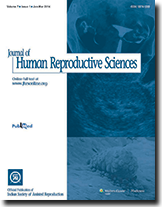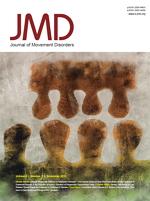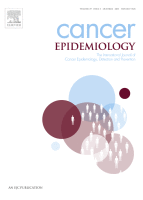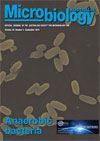 The first author of a paper that discussed sample sizes in clinical research is appealing the journal’s decision to retract it for plagiarism, arguing the article is “entirely different.”
The first author of a paper that discussed sample sizes in clinical research is appealing the journal’s decision to retract it for plagiarism, arguing the article is “entirely different.”
The Journal of Human Reproductive Sciences‘s editor-in-chief told us that they first contacted the author about the allegations more than two years ago, and finally issued the notice in September, saying the paper “directly copied” from another article on randomization. “Thus owing to duplicity of text, the article is being retracted,” according to the notice.
That doesn’t jibe with first author K. P. Suresh, based at the National Institute of Veterinary Epidemiology and Disease Informatics in India. He told us that the “two articles are entirely different concept.” In subsequent emails, he added Continue reading Author appeals retraction for plagiarism in clinical research paper




 We have discovered several errata for a New York City urologist, including in one paper that previously
We have discovered several errata for a New York City urologist, including in one paper that previously 

 To one reader of a paper on a nerve cancer, the researchers, based at a hospital in China, seemed to have found a very large number of cases of a rare cancer to study. That observation triggered an investigation into the paper that led to its retraction — and the concern that the authors in the paper never did the research at all.
To one reader of a paper on a nerve cancer, the researchers, based at a hospital in China, seemed to have found a very large number of cases of a rare cancer to study. That observation triggered an investigation into the paper that led to its retraction — and the concern that the authors in the paper never did the research at all. A paper on
A paper on